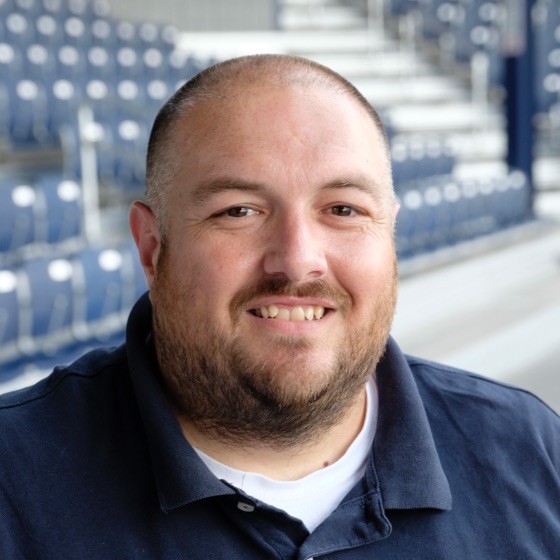A candidate recently joined a Zoom interview and, right away, apologized. Not how most interviews begin—but it caught my attention.
He explained he was in his garage intentionally. Behind him, racks of tools and equipment framed the shot. He wanted to show that being a mechanic wasn’t just his job—it was a way of life. The message was clear before we even got to the questions. He’d thought it through. That kind of preparation and intentionality? Bonus points from the start.
Contrast that with another candidate later in the week who logged on for his initial interview shirtless—just a sleeveless tee and a shrug. The yin and yang of candidate presentation, I guess.
It got me thinking: how much planning do people actually put into how they present themselves in an interview?
As an interviewer, much of what I do is scripted by design. I ask similar questions, crack the same lame jokes, and try to keep the tone consistent. There’s purpose behind the repetition—structure that ensures fairness and clarity. But what I often don’t see is that same level of intention coming from candidates.
Think of it like stepping into the batter’s box. Every professional hitter has a plan. It might be to look for a pitch they can lift for a sac fly or to work the count and eliminate certain pitches. The plan may change with the count or the situation—but there’s always a plan.
The same should go for interviews.
Your prep shouldn’t just be about the job description or the club. It should include how you want to show up, what you want to convey, and why it matters. What are your strengths? What are your gaps—and how are you working on them? Show the interviewer you’ve thought about more than just “getting the job.”
Here’s what tends to happen when candidates don’t have a plan:
- They ramble.
- They veer off course.
Ramble long enough and suddenly we’re in “Inception” territory—a story within a story within a repair. Go too far off-topic and a question about reel grinding somehow ends with a log flume memory from your childhood.
So what does a good plan look like?
Keep it simple:
- Know your top 2–3 strengths and be ready to back them up with specific examples.
- Be honest about your weaker areas—and share how you’re improving.
- Sit somewhere stable and upright. I’m not expecting a suit and tie, but don’t slouch in a recliner either.
- Make notes and don’t be afraid to use them.
- If there’s something important that doesn’t get asked, bring it up.
Most importantly, remember: hiring managers are looking for reasons to disqualify you. Create opportunities for them to hire you.
So build a plan for your next interview. Make notes and refer to those notes during the interview. Don’t be afraid to speak up about a topic which wasn’t discussed. Give yourself every opportunity you can to highlight your skills and personality. It will be noticed.
If you’re in need of further insight and best practices to develop your team’s culture, set up a FREE Talent Strategy Call with our team.
Are you ready to build a top-performing team that drives results? Our proven framework, methodologies, and implementation is based on our personal track record of developing world-class teams. In addition to talent acquisition, we provide leadership development and ongoing consultative services for the golf course and club industry. Our team has personally coached and mentored dozens of future golf course superintendents across the United States.




